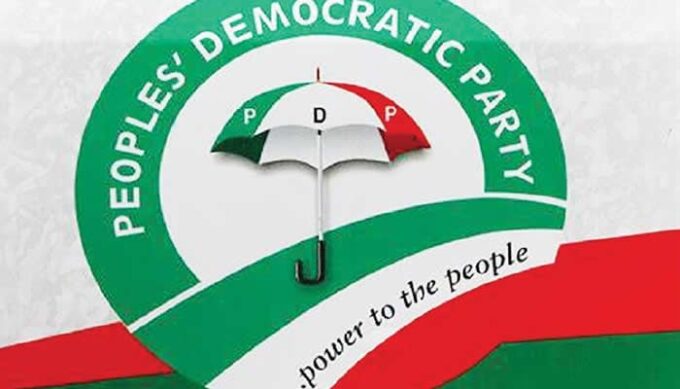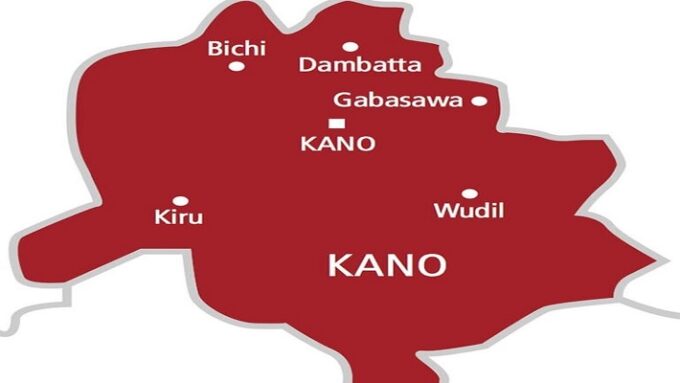By Uche Usim
The International Monetary Fund (IMF) has expressed worry over the continuing prevalence of poverty and food insecurity in Nigeria, despite a cocktail of economic reforms introduced by the federal government since 2023.
In a statement released on Friday, following the conclusion of its Article IV consultation mission to Nigeria, which took place from April 2 to 15, 2025, the IMF acknowledged that while the government has made “important steps” toward economic stabilisation, the benefits are yet to reach many Nigerians.
“Gains have yet to benefit all Nigerians, as poverty and food insecurity remain high,” said Axel Schimmelpfennig, who led the IMF delegation.
The mission held consultations with key government and economic actors, including Minister of Finance and Coordinating Minister of the Economy, Wale Edun; Governor of the Central Bank of Nigeria (CBN), Yemi Cardoso; Minister of Agriculture and Food Security Abubakar Kyari, and representatives from civil society, academia, and the private sector.
According to the Fund, the government’s recent policy choices, including ending central bank financing of deficits, removing fuel subsidies, and improving the foreign exchange market, are commendable. However, these reforms have yet to yield inclusive socioeconomic improvements, especially for the most vulnerable segments of the population. The IMF further noted that Nigerian authorities have pledged to implement the 2025 budget with a cautious eye on declining global oil prices. It said the government plans to maintain a neutral fiscal stance, complementing ongoing monetary tightening to tackle inflation.
The Fund urged the government to prioritise development spending, even in the face of fiscal constraints. It emphasised that savings from subsidy removal should be strategically used to expand social protection.

















Leave a comment